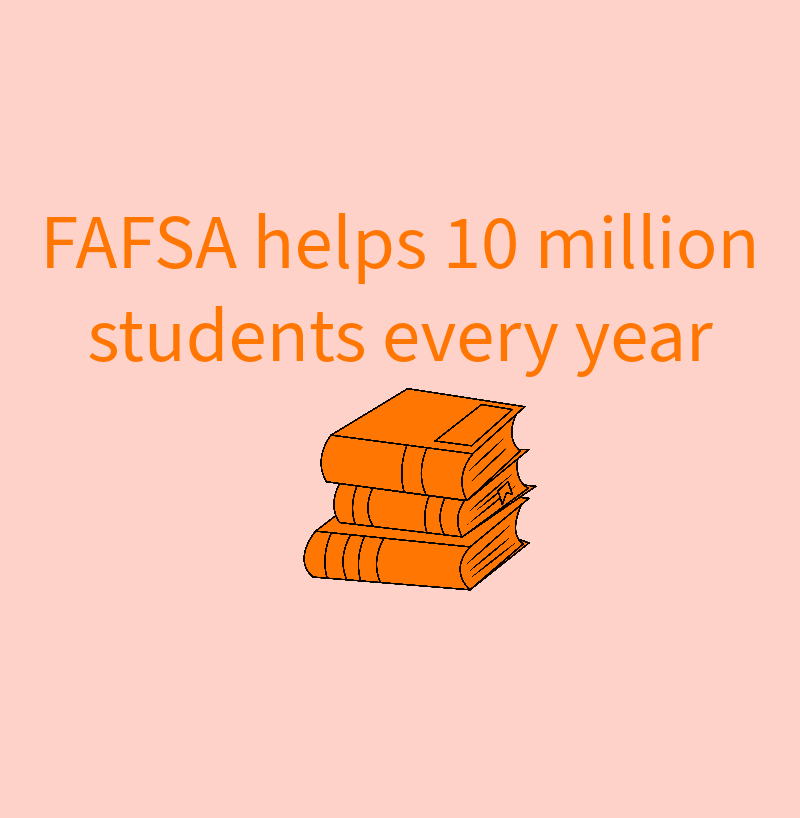Recently, the Nebraska Legislature has implemented new laws that will impact high school graduation, specifically LB201 which was introduced by Senator Tony Vargas and is attached to LB705. LB201 is a new graduation requirement that all high school students must fill out a FAFSA (Free Application for Federal Student Aid) in order to graduate. This new requirement will start in 2024.
Additionally with this requirement some new changes are being made to the FAFSA form. The new form is not available to the public until December 31, 2023. .
“Requiring FAFSA completion for high school graduation would ensure that students have the support they need to complete and submit the form and understand all of the federal financial aid options,” Vargas said.
The new form will not be as long and complex as before. The old FAFSA has over 100 questions while the new FAFSA has under 50 questions. As well tax information can be entered electronically which is a shorter process than before.
“The school is providing dates for parents and students to receive help on completing the FAFSA form at School,” counselor Casie Onken said.
When entering in parents income information, students with separated and divorced parents have to put down the parents that make the most money, even if they do not live with them. Sophomore Jaidyn Gaddis found this new change to be negative on her behalf.
“As a child of divorced parents, I don’t think it’s right that I have to put down the parent that makes the most money even if I don’t live with them,” Gaddis said. “I don’t live with my dad and I don’t see him, so why should I be required to put down the money he makes?”
If given additional untaxed money from sources such as extended family, a person filling out the form will not need to include it. Pell grants may also be automatically given to those below the poverty line.
“If they do not complete the form and they are planning on going to college, they could miss out on free money and or other financial means to pay for college such as scholarship opportunities and access to student loans,” Onken said.
In order to fill out the FAFSA form, students must create a FSA ID. A FSA ID requires the student’s birthdate as well as their social security number. Vargas explains what this means for undocumented students.
“Students without a social security number are able to waive the requirement,” Vargas said. “DACA recipients with social security numbers are able to complete the form, but still may feel uncomfortable submitting their parents’ information, and may waive the requirement if theychoose. When the 2024-25 Free FAFSA Application opens, they will begin a new process to create FSA ID’s for those without social security numbers.”
A student who doesn’t want to fill out the FAFSA form for any reason, such as not wanting to share sensitive information, may opt out of the requirement. The parent or guardian can submit a form to waive the FAFSA form.
“Opting out of completing the FAFSA will not negatively impact their graduation,” Vargas said.




